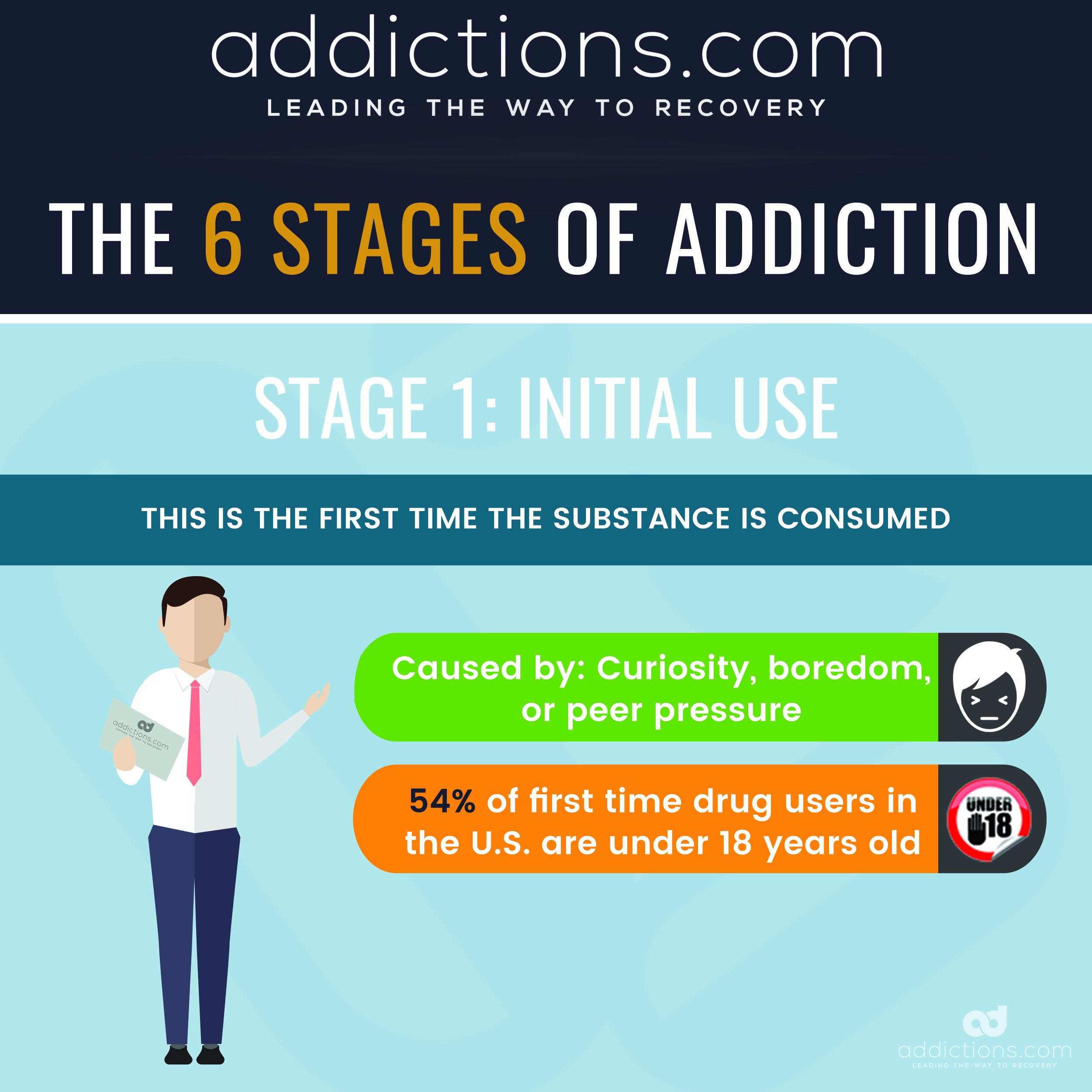

The severity of your addiction, the extent of your support system, age, gender and co-occurring health conditions can also affect recovery rates. Many addicts develop emotional maturity as part of the recovery process itself as they learn about the causes of their addiction and discover healthy ways to live without drugs, alcohol or addictive behaviors. Positive events like getting married, getting a job and becoming a parent increased recovery rates in a group of alcoholics. The Journal of Studies on Alcohol found that emotional maturity may play a role in the success of recovery from alcohol addiction. Emotional development and important life events.But with anti-addiction medications like buprenorphine or methadone, recovery success rates are considerably higher. American Family Physician notes that recovery rates for opiate addiction are bleak up to 90 percent of those who are addicted to heroin or other opioids relapse within six months if they detox on their own. Addiction treatment may include outpatient recovery services, inpatient rehab, residential treatment or supervised medication therapy. Out of the 45 percent of drug users in the NSDUH survey who relied on self-help groups to support their abstinence, almost 33 percent had received addiction treatment within the past 12 months. Available through outpatient rehab facilities, inpatient centers or community-based programs, self-help groups offer a support system for the addict who’s coping with the realities of a sober life. According to the National Survey on Drug Use and Health (NSDUH), 45 percent of addicts who attended self-help groups like Narcotics Anonymous or Alcoholics Anonymous reported that they hadn’t used in the past 30 days. Take a look at the factors that influence success rates as you develop your own recovery strategies:

Recovery statistics can teach you a lot about how others have achieved long-term abstinence from drugs, alcohol or addictive behaviors like gambling or compulsive sex.


 0 kommentar(er)
0 kommentar(er)
